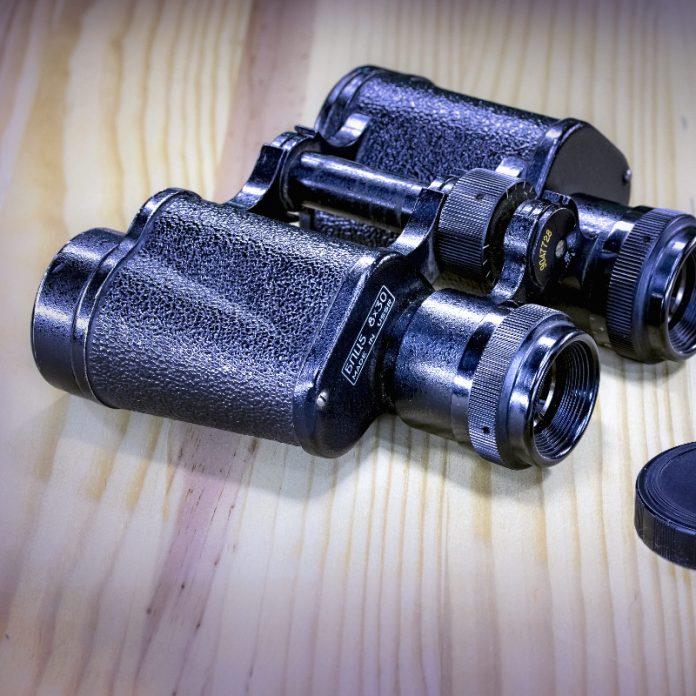Last month, I went hunting with two friends, Queena Constance and Brian Mark, in the Bridger-Teton National Forest in the western United States. This is a national forest with an area of over 3.5 million acres and is one of the largest national forests in the United States. We chose this place because it has abundant wildlife resources. We planned to stay there for a week, rest during the day, and hunt at night.
Why choose to hunt at night? There are two reasons: first, hunting at night is more challenging and exciting because we have to find targets in the dark while also paying attention to our own safety. Second, hunting at night can avoid high temperatures and strong light during the day, as well as interference from other tourists, allowing us to better enjoy the beauty of nature.
Of course, to hunt at night, you need suitable night vision equipment. We chose two different types of night vision equipment: night vision binoculars and infrared binoculars. Both of these devices allow us to see targets clearly in the dark, but their principles and effects are different. We decided to use them separately and compare their advantages and disadvantages.
Bridger-Teton National Forest is a national forest in western Wyoming with an area of 3.4 million acres and is one of the largest national forests in the United States except for Alaska. This forest extends from Yellowstone National Park to the eastern boundary of Grand Teton National Park, then along the western slope of the continental divide to the southern end of Wind River Range. The forest also extends southward, including the Salt River Range and Wyoming Range near the Idaho border.
Bridger-Teton National Forest has rich natural resources and ecological diversity. There are three national wilderness areas in the forest: Bridger Wilderness, Gros Ventre Wilderness, and Teton Wilderness, with a total area of 1.2 million acres. These wilderness areas protect the most primitive and beautiful places in the forest and are also good places for hiking, camping, fishing, and sightseeing. There are many other sights worth seeing in the forest, such as Gannett Peak (13,804 feet), Wyoming’s highest peak, and Gros Ventre Slide, one of the largest visible landslides on Earth. All of these make Bridger-Teton National Forest part of the 20 million-acre Greater Yellowstone Ecosystem, which is the largest intact ecosystem in the continental United States.





